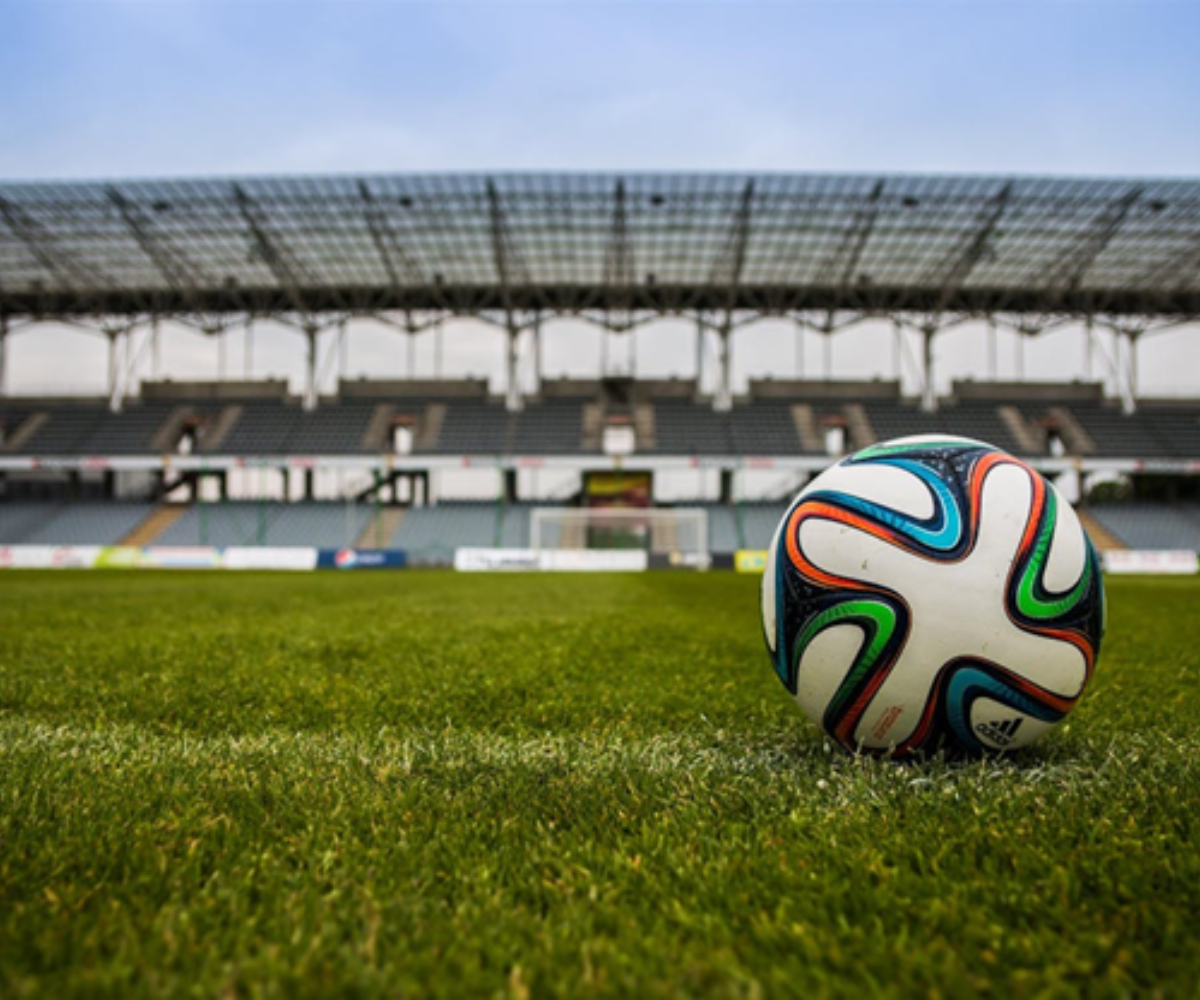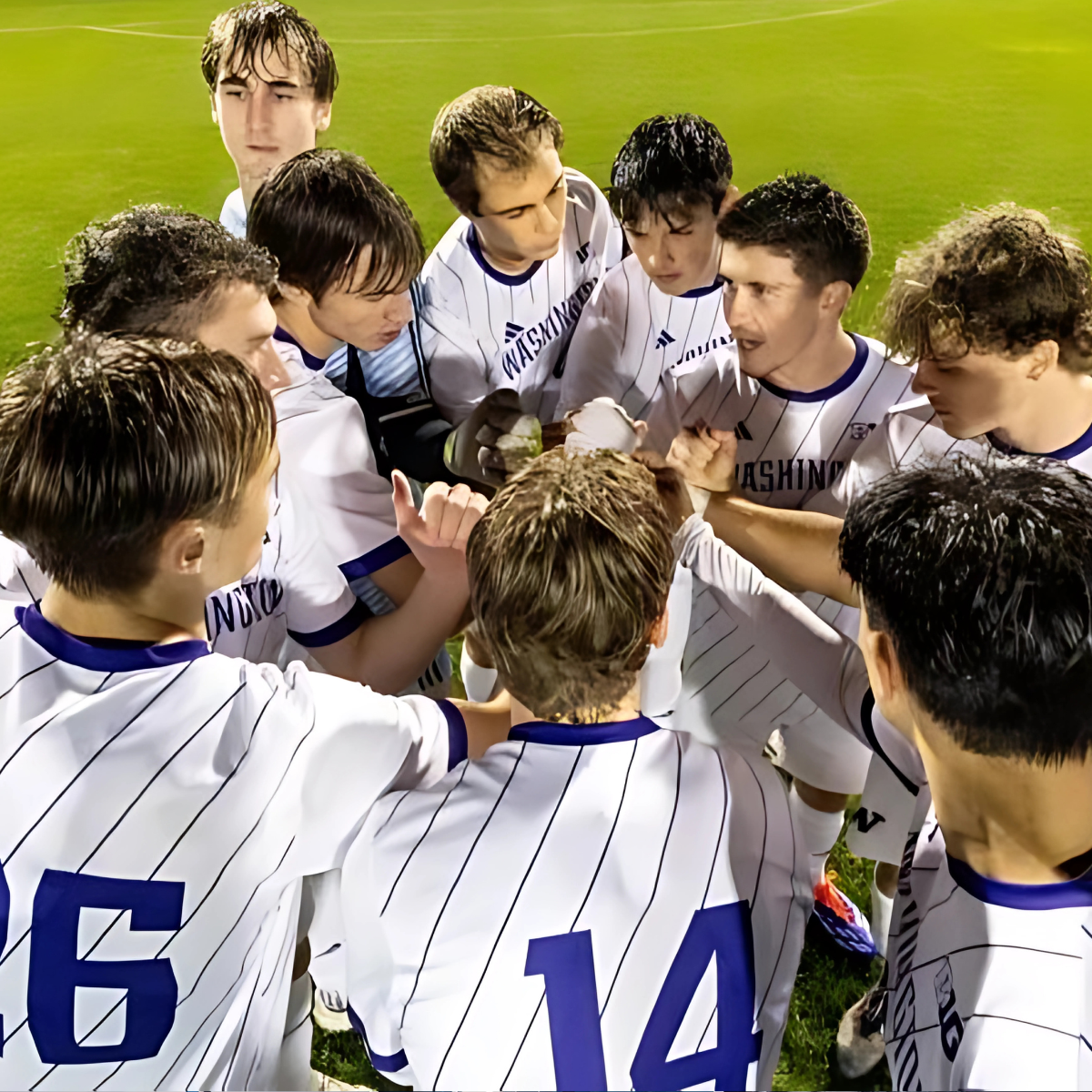The decision to specialize in a single sport during childhood and adolescence is a significant consideration for many young athletes and their parents.
While focusing on one sport can lead to increased skill development and proficiency, it also carries potential risks that can impact a child's physical and emotional well-being. Understanding the implications of sports specialization is crucial for making informed decisions about your child's athletic journey.
The Case for Specialization
- Skill Development: Specializing in one sport allows young athletes to dedicate more time to mastering specific skills, techniques, and strategies. This focused training can lead to improved performance and a deeper understanding of the game.
- Increased Competition: Athletes who specialize often have more opportunities to compete, which can enhance their experience and provide valuable feedback from coaches. The more they play, the more they learn about their strengths and weaknesses.
- Cognitive and Physical Benefits: Concentrating on a single sport can help develop cognitive skills related to that sport, such as decision-making and spatial awareness. Additionally, repetitive practice of specific movements can lead to improved muscle memory and physical conditioning.
- Potential for Scholarships: For families hoping to secure college scholarships, specializing in one sport can be seen as a pathway to greater visibility and recruitment opportunities. Many college coaches look for athletes who demonstrate commitment and expertise in their chosen sport.
RELATED: The Multisport Advantage: Why Kids Should Play Multiple Sports
The Risks of Early Specialization
Despite the potential benefits, early sports specialization can pose several risks:
- Increased Injury Rates: Specializing in one sport often leads to repetitive motion injuries due to the overuse of specific muscle groups. This is particularly concerning for young athletes whose bodies are still developing. Common injuries include stress fractures, tendonitis, and growth plate injuries.
- Burnout: The pressure to perform and the intensity of year-round training can lead to emotional and physical burnout. When sports become more of a chore than a source of enjoyment, young athletes may lose their passion for the game and withdraw from sports altogether.
- Social Isolation: Focusing exclusively on one sport can limit a child's social interactions and opportunities to develop friendships outside of their sport. This isolation can hinder social skills and lead to feelings of loneliness or anxiety.
- Limited Skill Diversification: Engaging in multiple sports allows young athletes to develop a broader range of skills and physical abilities. Specializing too early can restrict their athletic development and limit their potential in other sports.
Recommendations for Parents
Given the potential risks and benefits of sports specialization, here are some recommendations for parents:
- Encourage Multi-Sport Participation: Allow your child to explore different sports and activities. This not only helps prevent overuse injuries but also fosters a love for physical activity and a well-rounded athletic experience.
- Monitor Training Volume: If your child is considering specialization, ensure that their training volume is appropriate for their age and physical maturity. Experts recommend that young athletes should not spend more hours per week in specialized training than their age in years.
- Focus on Enjoyment: Emphasize the importance of having fun and enjoying the sport rather than solely focusing on competition and success. Encourage your child to set personal goals that prioritize skill development and enjoyment.
- Be Mindful of Pressure: Be aware of external pressures from coaches, peers, or parents that may push your child toward early specialization. Support their interests and choices, and help them navigate the expectations placed upon them.
- Consult with Professionals: If your child is showing potential in a particular sport, consider consulting with coaches, trainers, or sports medicine professionals. They can provide guidance on the appropriate age for specialization and help develop a balanced training plan.
RELATED: Kids are Quitting Sports Because They Aren't Fun, Are They Supposed To Be?
The decision to specialize in one sport is a complex one that requires careful consideration of your child's individual needs, interests, and physical development. While there are benefits to focusing on a single sport, the risks associated with early specialization cannot be overlooked.
By promoting a balanced approach to sports participation, encouraging multi-sport involvement, and prioritizing your child's well-being, you can help them navigate their athletic journey in a healthy and fulfilling way. Ultimately, the goal should be to foster a lifelong love of sports and physical activity, regardless of whether they specialize in one sport or explore many.







%20(1200%20%C3%97%20232%20px)%20(9).png)





.png)



.png)

